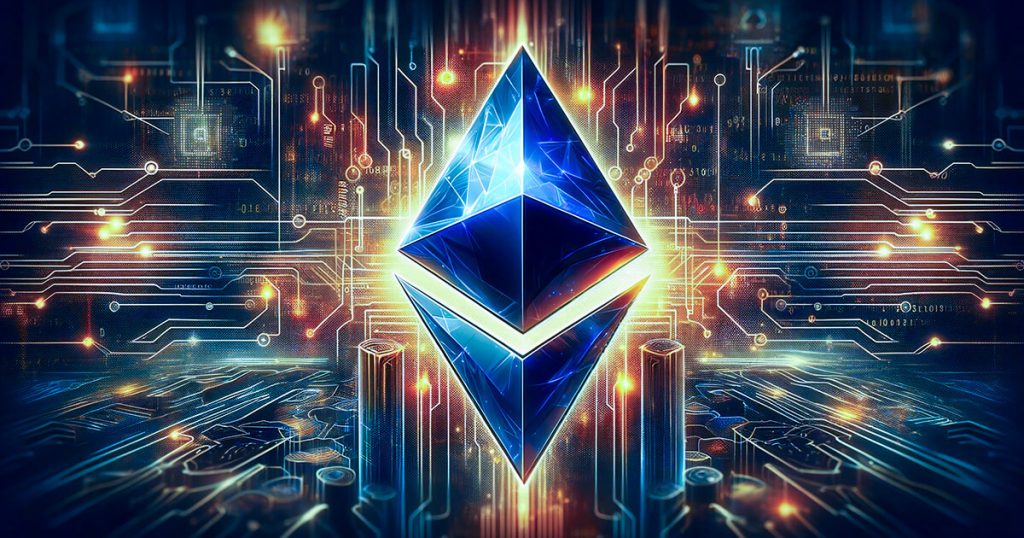In the burgeoning realm of the Metaverse, Ethereum plays a pivotal role as a foundational technology that connects virtual worlds through its robust blockchain framework. At its core, Ethereum operates as a decentralized platform enabling developers to build and deploy smart contracts and decentralized applications dApps. These capabilities are instrumental in shaping the interconnected and immersive experiences within the Metaverse. One of Ethereum’s standout features is its ability to support non-fungible tokens NFTs, which are unique digital assets representing ownership or proof of authenticity of virtual goods, art, and even virtual real estate within the Metaverse. Through Ethereum’s blockchain, NFTs can be securely bought, sold, and traded, fostering a vibrant economy where virtual assets hold real-world value. This not only empowers creators and developers but also establishes a decentralized marketplace where users can interact and transact freely across different virtual environments. Moreover, Ethereum’s scalability solutions, such as layer 2 protocols and upcoming upgrades like Ethereum 2.0, aim to enhance transaction speeds and reduce costs, crucial for sustaining the dynamic activities within the Metaverse.

These advancements promise to mitigate current limitations, making Ethereum more efficient and accessible for handling the high throughput demands of interconnected virtual worlds. Furthermore, Ethereum’s open-source nature encourages innovation and interoperability among diverse Metaverse projects. Developers can leverage Ethereum’s infrastructure to create cross-platform experiences, allowing avatars, assets, and identities to seamlessly traverse various virtual realms. This interoperability fosters a unified Metaverse ecosystem where users can carry their virtual identities and assets across different applications, enhancing continuity and user experience. Ethereum’s decentralized nature also addresses critical issues of trust and ownership in the Metaverse. By utilizing blockchain technology, Ethereum ensures transparent and immutable records of ownership, preventing fraud and enabling true digital ownership. This expert ea fundamental shift from centralized control to decentralized governance empowers users, ensuring they retain control over their virtual assets and identities without relying on intermediaries.
Additionally, Ethereum-based decentralized finance DeFi protocols play a pivotal role in the Metaverse economy by offering financial services such as lending, borrowing, and trading directly within virtual environments. These financial tools enable economic interactions and incentives, driving growth and innovation across the Metaverse. Looking ahead, Ethereum’s ongoing development and community-driven initiatives are poised to further revolutionize the Metaverse landscape. As more developers harness Ethereum’s capabilities to create immersive experiences and interconnected virtual worlds, the Metaverse stands to become a more vibrant, inclusive, and decentralized digital frontier. In conclusion, Ethereum’s integration into the Metaverse as a foundational blockchain technology underscores its role in shaping the future of virtual experiences. Through its support for NFTs, scalability solutions, interoperability, decentralized governance, and DeFi, Ethereum provides the infrastructure necessary for building a cohesive and thriving Metaverse ecosystem. As innovations continue to unfold, Ethereum remains at the forefront, connecting virtual worlds and empowering users to participate in a new era of digital interaction and creativity.
